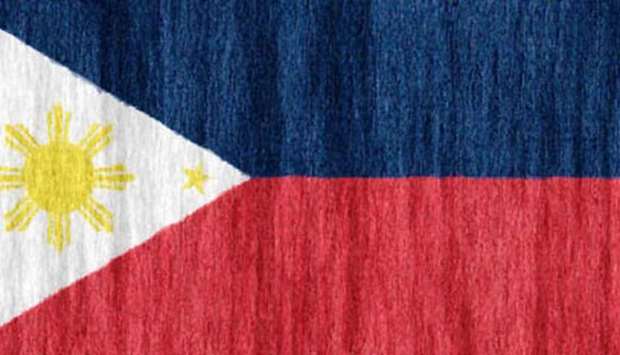The Department of Health (DOH) has scrapped the controversial anti-dengue vaccine from its immunisation programme, at least for the next two years, an official said on Friday, months after it has been linked to a series of deaths, mostly of children, following a disclosure by its manufacturer that it was unsafe for first-time victims of the mosquito-borne illness.
Health Undersecretary Rolando Domingo said the DoH decision on Dengvaxia was based on a World Health Organisation (WHO) and Strategic Advisory Group of Expert (SAGE) on Immunisation recommendation for a screening strategy before administering the vaccine.
“It strengthens our position to stop the vaccination and that Dengvaxia should not be included in the mass immunisation programme. I don’t think it will change in one to two years,” he said.
The Health official also said the technology for screening on the serostatus of future vaccinees would take some time before it could become available.
“When we say that pre-screening is needed, you have to understand that there is no Rapid Diagnostic Test (RDT) that is available right now. There is no RDT that is licensed or validated to be used in pre-screening for vaccination,” he said.
“And even the WHO and SAGE I think, recognise the fact that it would probably take another one to two years before validated test or screening that will be available for point-of-care so there is no commercially available RDTs right now,” he added.
Domingo further said that even if a screening process was developed for the serostatus of the vaccinees, it should still be tested for sensitivity and ability to detect previous dengue infections.
“So at this time, if you need to screen patients, there is no way to pre-screen them right now,” he said.
The DoH suspended the mass anti-dengue immunisation programme in 2017 following a health advisory from drug manufacturer Sanofi Pasteur that Dengvaxia may cause severe dengue on patients who acquire the disease for the first time.
The dengue immunisation programme was initiated in 2016 as a school-based programme under then Health secretary Janette Garin. An estimated 830,000 individuals, mostly children, were inoculated with the vaccine.
Without admitting to any wrongdoing, Sanofi reimbursed the DOH the amount of P1.16bn for unused doses of Dengvaxia but refused to return the full P3bn, which the government paid for the vaccine.
The DoH has ordered the filing of a civil case for damages against the French pharmaceutical giant.

philli
